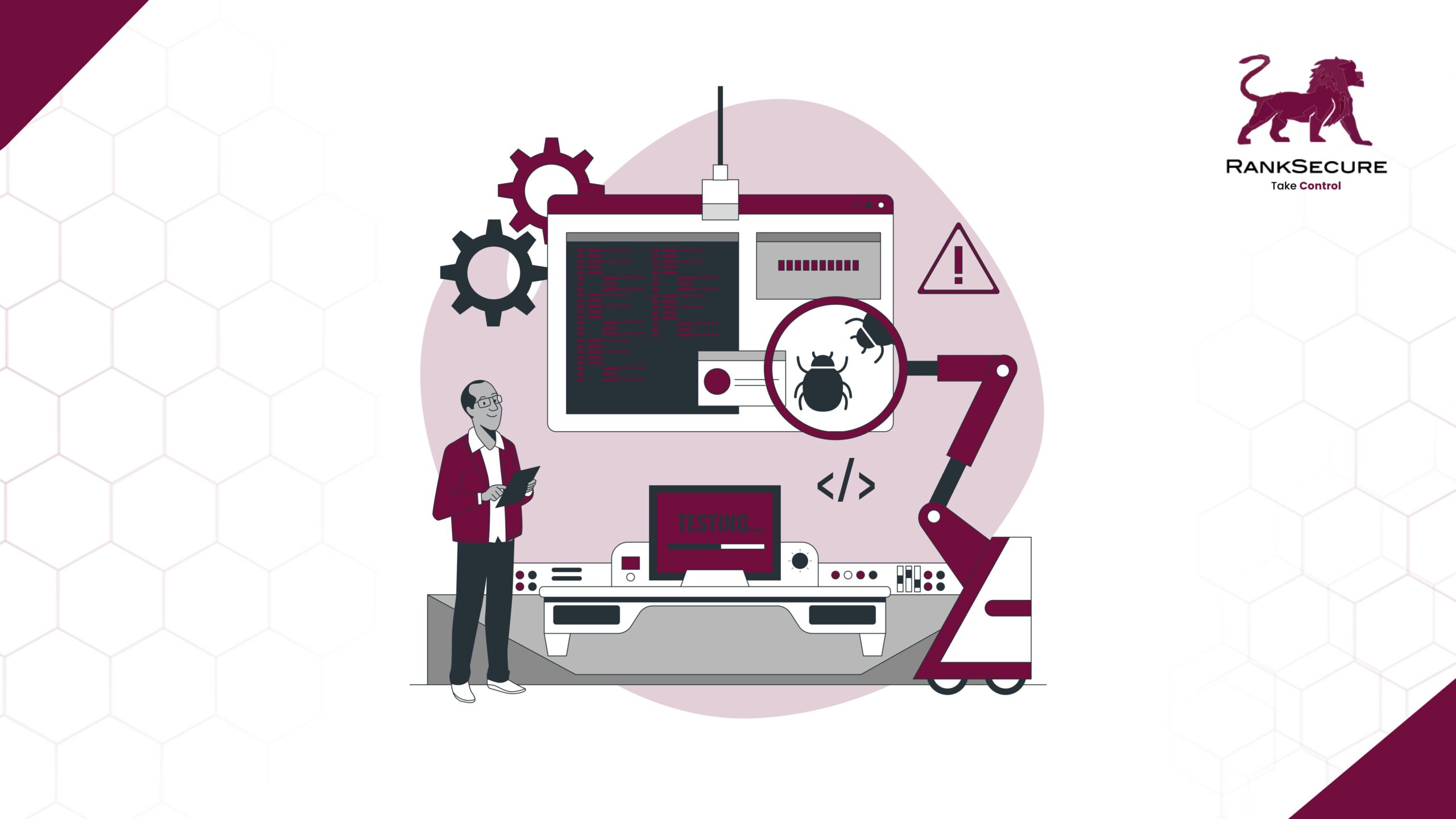India’s Rising Role in Cybersecurity
India has become a digital powerhouse, with 751 million people actively using the internet—making it the world’s third-largest digital market after the US and China.
The government’s Digital India program has transformed how we work, shop, and live. However, this rapid growth in technology use brings new dangers that we can’t ignore.
Today’s digital threats go far beyond simple hacking. As Indian businesses rush to adopt new technologies, they often mix modern systems with older ones, creating weak spots that attackers quickly exploit. Each new app, digital service, or connected device adds another point hackers could target.
We can’t rely on yesterday’s security methods to solve today’s problems.
India’s digital growth needs a new approach to security—one that can grow and adapt as technology changes. The real challenge isn’t just protecting what we have now; it’s building security that can handle what’s coming next.
The Indian Cybersecurity Market: A Rapidly Expanding Sector
Think about it—India’s cybersecurity market, currently worth $4.70 billion, is expected to grow to $10.90 billion by 2029.
This isn’t just growth; it’s an eruption. With a compound annual growth rate (CAGR) of 18.33%, India is on track to make cybersecurity a core component of its economy.
What is causing this tremendous eruption?
Government Initiatives
In India, government initiatives have played a crucial role in reshaping the cybersecurity landscape. The National Cyber Security Policy (NCSP) laid down the groundwork, but it’s the introduction of more robust measures, like the Digital Personal Data Protection Act (DPDP), that is driving urgency among businesses. The act enforces stricter data management and localization rules, compelling companies to prioritize cybersecurity or face significant penalties. While initiatives like Cyber Swachhta Kendra focus on improving cybersecurity hygiene among individuals and smaller businesses, these government actions collectively signal a growing emphasis on building a more secure digital ecosystem.
Rapid Digital Transformation
Digitalization is no longer a choice—it’s a necessity across industries like finance, healthcare, e-commerce, and manufacturing. As these sectors embrace digital processes, their exposure to cyber threats multiplies. With vast amounts of sensitive data and complex systems now online, businesses can’t afford to ignore cybersecurity. What was once an IT afterthought is now an operational imperative, with failure to secure these systems potentially crippling both operations and reputation.
This rapid expansion comes with the fourth industrial revolution, and understanding this is important for anyone invested in the cybersecurity market.
Challenges & Opportunities
Sure, the market is growing but so do the challenges.
Is India ready to tackle the cybersecurity skills gap?
According to NASSCOM, India will need 1 million cybersecurity professionals by 2025.
Currently, India has around 0.3 million cybersecurity professionals. This shortage, combined with budget constraints faced by SMEs, pose significant hurdles.
However, these challenges also bring opportunities. Advanced technologies such as AI, ML, and blockchain are revolutionizing threat detection and response.
The Artificial Intelligence in Cybersecurity Market is expected to surge from USD 22.4 billion in 2023 to USD 60.6 billion by 2028, growing at a CAGR of 21.9%.
Additionally, the growing need for IoT security solutions is a key area with potential growth.
The IoT market is anticipated to expand at an impressive annual growth rate of 16.56%, reaching approximately USD 49.82 billion by 2029.
For India, addressing these challenges means filling these gaps and capitalizing on emerging technologies to improve its cybersecurity defence.
A key part of this effort is choosing the right staff to ensure your organization has skilled professionals to handle the ever-evolving challenges that come.
Conducting regular cybersecurity audits is crucial for identifying vulnerabilities and ensuring compliance. At RankSecure, our comprehensive cybersecurity audit services assess your organization’s information systems, networks, and processes, helping you mitigate risks effectively.
Strengthening India’s Cyber Defences
India’s cybersecurity journey started with the IT Act, 2000, laying the groundwork for data protection and cybercrime laws. The IT Amendment Act of 2008 broadened these laws, enhancing definitions and penalties for cybercrimes.
The IT Rules and SPDI Rules of 2011 introduced stringent security measures for sensitive data, while the IT Rules, 2021 and Digital Personal Data Protection Act (DPDP), 2023 advanced privacy and consent requirements.
CERT-In and NCIIPC play vital roles in managing cyber incidents and protecting Critical Information Infrastructure.
This shows us that India is committed to solidifying its defence against any and every possible digital threat that may arise.
What’s Next?
Indian cybersecurity startups received USD 157 million in funding over the past two years, indicating strong investor confidence in the sector. India’s potential to become a global cybersecurity leader is evident. For our nation to reach its full potential, India will need to keep adjusting its legal system, keep up and invest in the latest cutting-edge technology.
India stands at the forefront of a cybersecurity revolution, with immense potential to shape the global digital landscape.
The world is watching, and India’s actions today will shape how we interact online tomorrow. By continuing to strengthen it’s cybersecurity infrastructure, India can secure its place as a leader in the digital world, ensuring a safer and more secure future for everyone.
Are we ready for that future?






